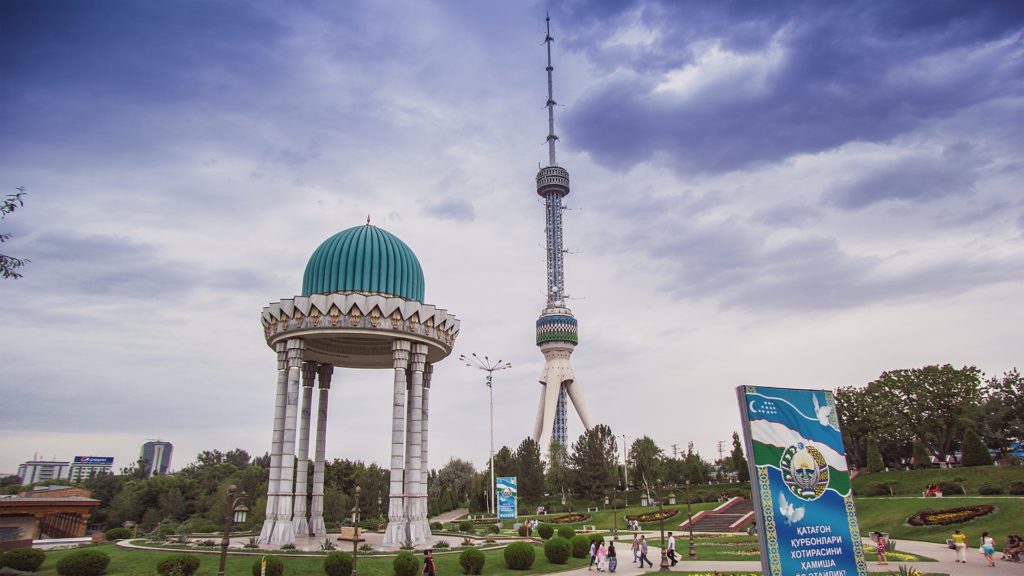TASHKENT
Uzbekistan plans to invite foreign companies to help manage 100 of its state-owned businesses as a part of its plan to reform the economy.
The government fully or partially owns more than 2,500 companies, and 675 of them are under liquidation, the State Asset Management Agency (UzSAMA) said in a report.
The initiative is the latest move by the Central Asian country to improve its attractiveness to investors and reform its business climate after more than two decades of economic isolation.
Uzbekistan’s largest-ever privatisation will see more than 1,400 state-owned companies and properties sold off partially or fully to foreign and domestic investors. The country has also listed 20 major state-owned enterprises for initial public offerings (IPO) and secondary public offering (SPO) scheduled for 2021 to 2023. They include state-owned companies in the energy, banking and mining sectors.
“We are at a critical stage in the reform process in Uzbekistan and this discussion on the transformation and privatization of state-owned enterprises in Uzbekistan is taking place in a very timely manner,” Marko Mantovanneli, the World Bank resident representative In Uzbekistan, told the International Privatisation Forum in the capital Tashkent.
The country’s previously closed, autarkic system viewed most foreign investments as a threat. The death of Islam Karimov, who had led Uzbekistan since before the Soviet breakup, in 2016 marked a change in direction. His successor, President Shavkat Mirziyoyev, once a prime minister under Karimov, has made attracting foreign investors one of his top priorities in an increasingly ambitious plan to open Uzbekistan to the outside world.
Rothschild & Co, one of the world’s largest independent financial advisory groups, has been appointed to help the government reform energy firms Uzbekneftegaz and Uztransgaz and prepare them for IPO. It has been already acting as the exclusive advisor to Uzbekistan’s government in the sale of its stake in a joint venture with Coca-Cola, Coca-Cola Ichimligi Uzbekiston, in which the government holds a 57.1 percent stake. The sale is entering its final stages.
As well as offering state assets for sale, Uzbekistan has sought to restore foreign investors’ trust by setting up a special legal panel for investment and competition issues.
This reform drive has not gone unnoticed.
Foreign Direct Investment (FDI) in Uzbekistan quadrupled to $2.4 billion in 2020 from just over $600 million in 1998.
The World Bank has rapidly scaled up to support Uzbekistan, with 21 projects totalling around $3.5 billion – the second largest World Bank programme in Europe and the Central Asia region. The European Bank for Reconstruction and Development (EBRD) re-engaged with Uzbekistan in September 2018 after a long hiatus, raising its portfolio to 1.8 billion euros. The country has also advanced in the World Bank’s “ease of doing business” rankings, jumping to No.69 from No.87 previously. In the Economic Freedom ranking by the Heritage Foundation, Uzbekistan scored 57.2 points, up from 46 and elevated from “mostly unfree” to the “moderately free” category.
In June of 2019, the Asian Development Bank approved a new country partnership strategy aligned with Uzbekistan’s national development strategy and allocated a cumulative $4.83 billion for loan disbursement.

